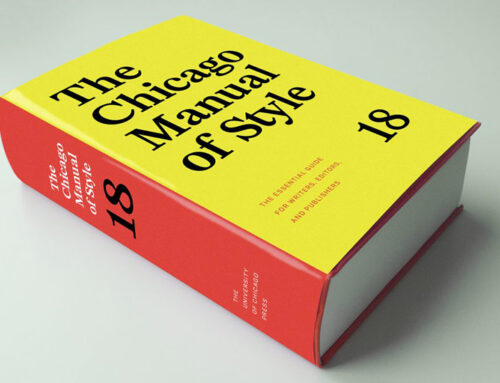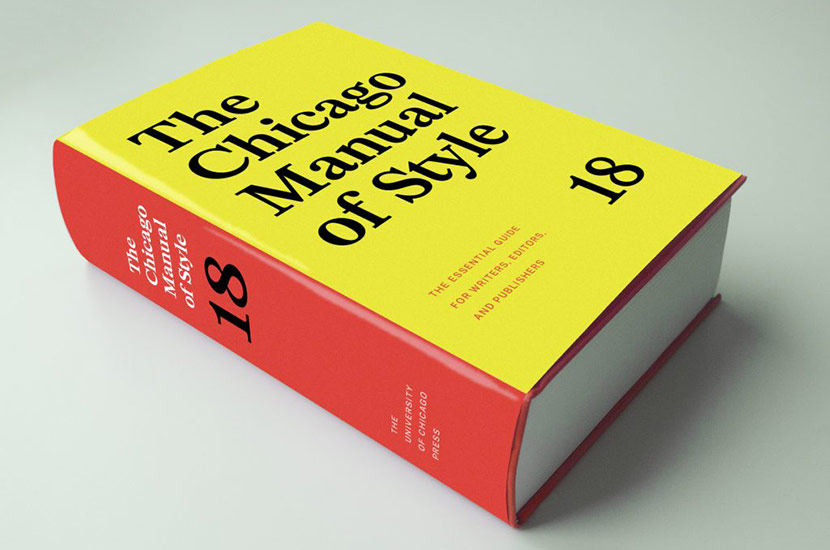Do a lot of people not know the difference, or do they not care?
One thing I have had to do often over the years teaching college English is instruct students in quoting accurately. I’ve discovered this is always more complicated when they don’t know the difference between direct and indirect speech. I have learned that the best way to set up a lesson on quoting is to clarify the use of quotation marks with direct and indirect speech first.
If you are self-publishing, you really need to know this.
Direct vs. indirect discourse or speech
Direct discourse is when something is repeated word for word, exactly as it was stated. It is enclosed in quotation marks to show the reader that it has been copied verbatim.
Indirect discourse reports what was said but not in the exact words. It’s a paraphrase rather than a quote. Because it doesn’t use the exact words, it should not be enclosed in quotation marks.
Examples
Here’s an example from a recent article I wrote on wearing masks in the pandemic:
She looked around at the others in line and then at me again. “Do I look stupid wearing this mask?”
I told her she should do whatever made her feel safe and not worry about it.
In the first line of dialog, those were “her” exact words: “Do I look stupid wearing this mask?”
Therefore, they are enclosed in quotation marks.
The second example, my response, is a paraphrase of what I said (not my exact words), so that is not enclosed in quotation marks.
I probably actually said something like this: “You should do whatever makes you feel safe. I wouldn’t worry about what others think about it.”
What’s the problem?
Too often I will see someone punctuate indirect speech incorrectly, like this:
I told her, “She should do whatever made her feel safe and not worry about it.”
Those weren’t my exact words, and referring to a person face-to-face in third person would be weird, no? A real “It rubs the lotion on its skin” vibe, I’m thinking.
Unnecessary shifts between direct and indirect discourse
Example #1:
NO: The teacher said we were behaving badly, and you are all going to end up in detention.
The section “we were behaving badly” is indirect discourse, so it is punctuated correctly. The section “you are all going to end up in detention” is presented as direct discourse (the teacher’s exact words) but is not punctuated correctly.
Example #1 Fixes:
The teacher said we were behaving badly and would end up in detention. (Make it all indirect.)
The teacher said, “You are behaving badly, and you will all end up in detention.” (Make it all direct.)
The teacher said we were behaving badly and added, “You will all end up in detention!” (Mix.)
Example #2:
NO: She asked did we enjoy the book?
This sentence starts out like it’s heading for direct discourse and then suddenly shifts to indirect. This is a very common error.
Example #2 Fixes:
She asked, “Did you enjoy the book?”
She asked whether we enjoyed the book.
Or maybe it went like this:
In a noisy room, Rebecca asks Dexter and Walter, “Did you enjoy the book?”
Walter shakes his head and points to his ear.
Dexter, standing closer to Walter, leans in and says loudly, “She asked, ‘Did you enjoy the book?’”
Now, because we are writing up this scene, we have direct discourse within direct discourse, so it’s a quote within a quote, hence the single quotation marks within double.
The takeaways
- Again, the difference is between exact words (direct discourse or speech) and paraphrasing/reporting (indirect discourse or speech).
- Use quotation marks with direct discourse but not indirect discourse.
- Avoid unnecessary shifts.
You’re good to go!









Leave A Comment
You must be logged in to post a comment.